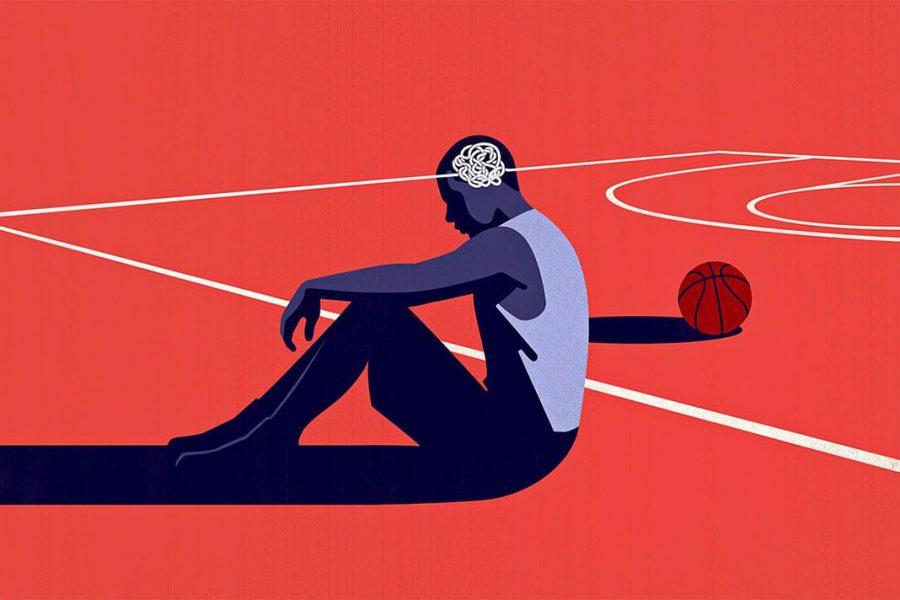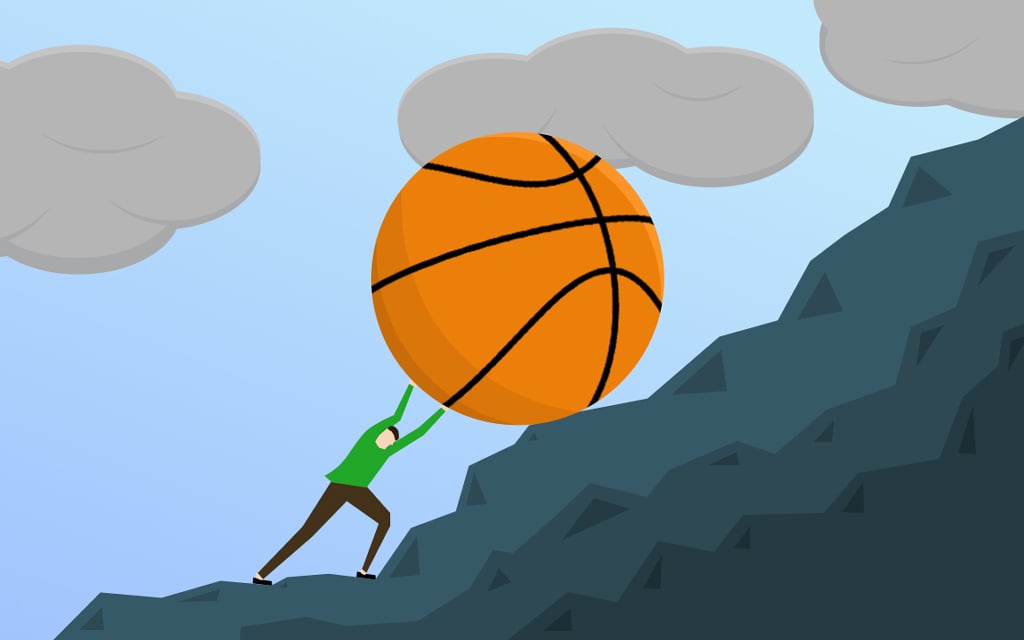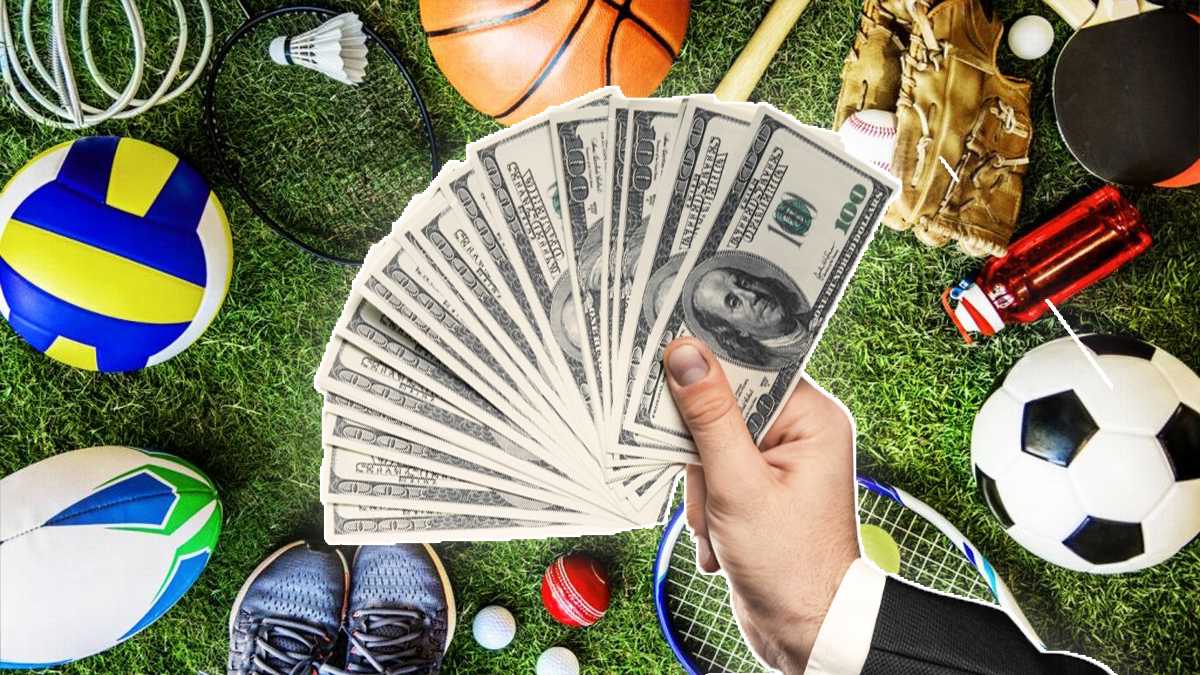Mental Health in Sports: The Hidden Struggles of Top Athletes.

When we watch elite athletes perform under the brightest lights—scoring game-winning goals, breaking world records, or standing atop Olympic podiums—we often see strength, confidence, and glory. But behind the headlines and highlight reels, many top athletes face a far less visible challenge: the ongoing battle for mental health.
In recent years, the conversation around mental health in sports has gained momentum. Athletes are opening up about anxiety, depression, burnout, and emotional pressure—issues that have long been ignored or misunderstood. This shift not only humanizes sports icons but also paves the way for systemic change across the industry.
The Myth of Invincibility

For decades, athletes have been expected to embody toughness—physically and mentally. Admitting to mental health struggles was often seen as a weakness, potentially jeopardizing careers or reputations. Phrases like “shake it off” or “toughen up” have historically silenced athletes in need of real help.
But mental health is just as important as physical fitness. Without emotional well-being, performance suffers, relationships strain, and life beyond the game becomes increasingly difficult.
High Expectations, High Pressure
Top athletes operate in extreme environments. The pressure to win, meet expectations, maintain peak performance, and secure sponsorships creates a mental burden that most people never experience.
- Constant scrutiny from fans, media, and social networks
- Fear of failure and the impact on contracts, endorsements, and legacy
- Isolation due to rigorous training schedules and travel
- Body image issues, especially in judged or aesthetic sports
Even success can bring challenges—post-Olympic depression, for example, is common among athletes who struggle to find meaning after years of training culminate in a single event.
Brave Voices Changing the Conversation
Fortunately, many high-profile athletes have broken the silence and shared their stories, helping reduce stigma and normalize seeking help.
- Simone Biles – Withdrew from multiple Olympic events in 2021 to prioritize her mental health, citing the “twisties” and emotional exhaustion.
- Naomi Osaka – Spoke openly about anxiety and depression, stepping away from major tennis tournaments to focus on well-being.
- Michael Phelps – The most decorated Olympian in history has become a global advocate for mental health, discussing his battles with depression and suicidal thoughts.
- DeMar DeRozan and Kevin Love – NBA stars who helped bring mental health into mainstream sports discourse by sharing their experiences with anxiety and depression.
The courage of these athletes has led to greater awareness, funding, and the introduction of mental health resources in professional leagues and Olympic organizations.
The Role of Coaches and Teams

Coaches, trainers, and support staff play a vital role in protecting athletes’ mental health. A growing number of teams are now integrating sports psychologists and mental performance coaches into their regular staff.
Best practices include:
- Creating open and supportive team cultures
- Recognizing warning signs of mental distress
- Implementing mandatory mental health education
- Providing confidential access to counseling and therapy
Progress is being made, but cultural shifts take time. Coaches and organizations must lead by example and prioritize psychological safety as much as physical performance.
The Youth Athlete Crisis
Mental health challenges are not limited to professionals. Young athletes, especially those in elite youth programs or college sports, face intense pressure at a formative age.
- Early specialization often leads to burnout
- Scholarship pressure can induce chronic stress
- Social media adds an extra layer of performance anxiety
Education systems, coaches, and parents must recognize these challenges and promote balance, emotional resilience, and perspective in youth sports programs.
Barriers to Treatment
Despite progress, many athletes still struggle to access or accept mental health care. Barriers include:
- Stigma around vulnerability and perception of weakness
- Lack of resources in lower-tier leagues or developing countries
- Confidentiality concerns in tight-knit team environments
- Cultural differences in how mental health is viewed and treated
Addressing these challenges requires systemic support from governing bodies, leagues, and sponsors to ensure mental health care is accessible, affordable, and respected.
Redefining Strength in Sports
True strength is not the absence of struggle—it’s the courage to face it. By embracing mental health as a critical part of athletic success, we can redefine what it means to be a champion.
Leagues and institutions must evolve beyond outdated ideals and create holistic support systems that recognize athletes as whole people—not just performers.
Moving Forward: What Needs to Change
To build a healthier future for athletes at all levels, the sports world must commit to:
- Normalizing mental health care through ongoing education and advocacy
- Investing in psychological services at all levels—from high schools to professional leagues
- Empowering athletes to set boundaries and speak openly without fear of judgment
- Holding media and fans accountable for their impact on athlete well-being
Conclusion: Beyond the Game
Mental health in sports is no longer a side conversation—it’s a central issue. As more athletes speak out, they give voice to millions around the world facing similar struggles in silence. Their bravery is reshaping the culture of competition and reminding us that mental health matters—on and off the field.
It’s time to champion not just physical greatness, but the emotional resilience and humanity of those who inspire us. Because behind every athlete is a person—and every person deserves support, compassion, and the freedom to say, “I need help.”




